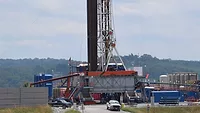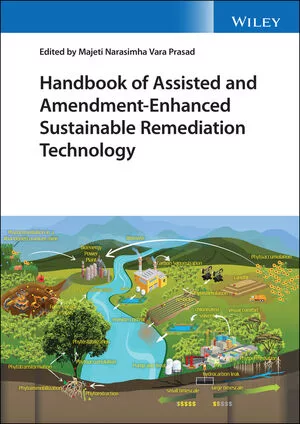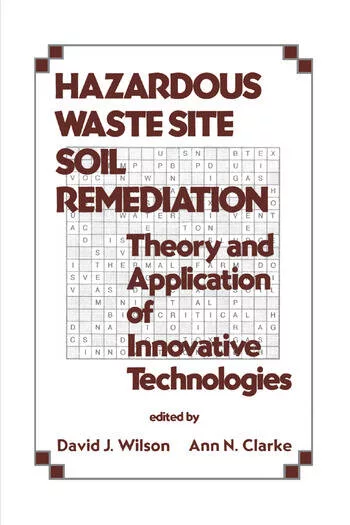Report evaluates DEP's oversight of abandoned wells in Pennsylvania
Fines totaling $1.3 million for the Pennsylvania oil industry. Environmental costs of $1.8 billion for state taxpayers.

Photo by Andre Frueh on Unsplash
(The Center Square) – Across Pennsylvania, thousands of violations have been issued in recent years over the “improper abandonment” of oil and gas wells.
While the Department of Environmental Protection has collected more than $1.3 million in fines, reporting requirements are routinely flouted and improperly abandoned wells present environmental hazards to the public – as well as new burdens on taxpayers, who could be on the hook to pay for environmental remediation.
The Environmental Department, in a report, called the industry’s compliance record “troubling” and “consistently disappointing.” With the state having identified about 27,000 wells to plug, a $1.8 billion price tag looms for taxpayers.
The report, ordered in a statement by Gov. Tom Wolf when House Bill 2644 was signed into law in July, evaluated DEP’s oversight record of conventional oil and gas wells.
Conventional wells use vertical extraction, as opposed to unconventional or fracked wells, which operate horizontally. Much of the growth in natural gas in Pennsylvania has come through fracked wells, which paid out $275 million in impact fees alone last year. Unconventional wells were not included in the DEP report.
However, while the majority of gas production comes from fracked wells, the commonwealth still has many conventional wells. More than 100,000 remain active, according to the environmental group Fractracker Alliance.
Those wells have been a headache for the DEP in getting timely information, or any at all. Since 2017, the report noted, only 27% of operators with 11 or more wells submitted production and waste data to DEP by the reporting deadline, and 16% sent in data late. A majority, 56%, didn’t submit any data at all.
For mechanical integrity assessment, 59% didn’t submit data.
“A significant change in the culture of noncompliance as an acceptable norm in the conventional oil and gas industry will need to occur before meaningful improvement can happen,” the DEP report notes. “Overall performance is so poor among operators with 11 or more conventional oil and gas wells that the failure to report seems to be an industry-wide rule rather than the exception.”
Since 2017, DEP inspectors recorded more than 16,500 violations on more than 4,000 conventional wells.
DEP inspected almost 35,000 conventional wells in that five-year period, finding almost 12% of wells had violations and 33% of operators.
“The widespread reporting non-compliance by the conventional oil and gas industry denies DEP and the public critical information about the operating status of individual wells, the overall industry, and, in the case of mechanical integrity assessments, may pose a threat to public health and safety and the environment,” the report notes.
Without that information, the industry can cause problems for the public.
“Proper plugging of conventional oil and gas wells at the end of their economic life is critical for protecting public health and safety as well as the environment,” the report noted. “Unplugged or improperly plugged wells can cause a myriad of problems, including gas migration into occupied structures … hazardous air pollutant emissions, methane emissions, and soil and groundwater contamination.”
Beyond environmental and health effects, there’s a significant financial effect.
“Failure to properly plug an abandoned well also means that the task of properly plugging the abandoned well might fall to the commonwealth – ‘the plugger of last resort’ – with the costs to do so passed along to Pennsylvania taxpayers,” the report notes.
Plugging isn’t cheap. Last February, Wolf announced the state would receive more than $100 million in federal funds to plug abandoned wells, with another $300 million to come in the future. However, the state has identified about 27,000 wells to plug, with an estimated cost of $1.8 billion.
In 2020, Pennsylvania plugged 18 wells for $1.5 million.
To prevent the risk of environmental damage to the public and growing the taxpayer burden to plug abandoned wells, DEP argued for more inspectors and resources to enforce its regulations.
“To effectively administer increased oversight of the conventional oil and gas industry’s compliance with Pennsylvania’s environmental laws, DEP will require additional resources, especially in the Office of Chief Counsel and the Bureau of District Oil and Gas Operations,” the report argues.



.webp?height=200&t=1668452996&width=200)


